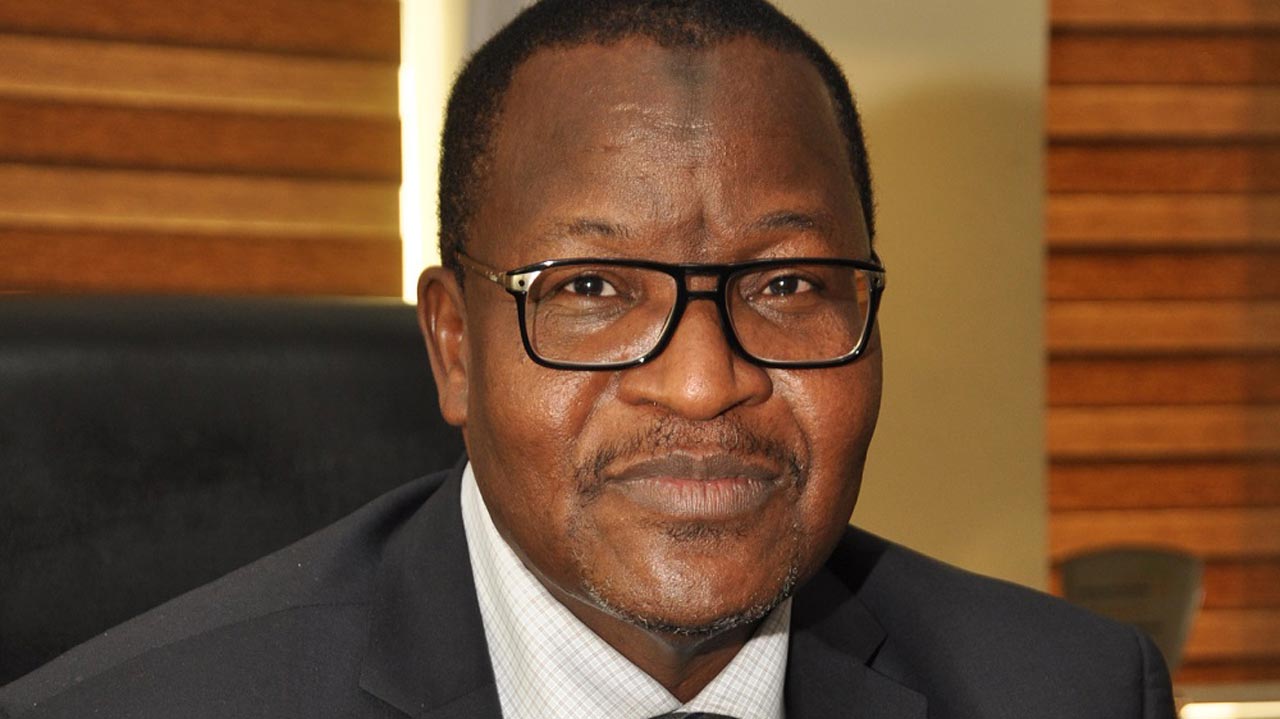
To this end, the Commission is currently carrying out a comprehensive risk and vulnerability assessment of the communications infrastructure, and plans a multi-stakeholder process for the development of an industry-wide obligation of minimum cyber security provisions, which will apply to all operators.
Executive Vice Chairman of NCC, Prof Umar Danbatta, who disclosed this at the Annual Cyber Security Conference, organised by the Commission yesterday, in Abuja, noted that as the level of Internet penetration rises, so also cyber crimes increase.
He added that securing telecommunications infrastructure will inspire confidence in the consumers that their data is secure and safe.
Danbatta observed that while the Internet provides a vast array of prospects to individuals irrespective of age group, from social networking to businesses, to research and development among others, it can also be exploited by cyber criminals to carryout crimes.
He said: “We want to fortify the networks and thereby protect the networks from cyber criminals. With the growing volume of adoption of these technologies and distributed nature of the Internet, comes the sophistication of cyber-attacks, allowing cyber criminals to attack people outside their geographical location (making policing the Internet difficult), and the increasing returns (money) are some factors driving the increasing growth of cyber criminality. Hence, both technical measures and appropriate legal instruments must be put in place to enhance the resilience and integrity of ICT infrastructure and also to safeguard cyberspace users.”
Besides, he said the Commission has established a Cyber Security Incidence Response Team (CSIRT) Centre, to help serve as the single national point of contact for international coordination of cyber security incidents in Nigeria. NCC had collaborated with relevant security agencies in the development of the National Cyber Security Policy, the National Cyber Security Strategy, and the Cybercrimes ACT, 2015, to tackle cyber crimes.
Furthermore, he said an e-fraud desk will also be created to serve as a platform for reporting cases of e-fraud to the security agencies for further investigations and prosecutions.
Danbatta quoted a study on, “the Ninth Annual Cost of Cyber Crime,” carried out by Accenture and Ponemon Institute, United States, in 2019, which showed that the average number of data breaches rose from 11 to 145 per cent, adding that with such growth rate, there is a need to initiate policies and strategies that will secure the country.
He said, “Strengthening the security and resilience of the nation’s communications infrastructure is in recognition of the importance, and the need for collaborative efforts in the advancement of cyber security to provide precautions and protection of critical communications infrastructure.”
In his address, Minister of Communication and Digital Economy, Isa Ali Pantami, described cyber crime as the fastest growing crime globally, adding that in 2018 alone, cyber crime industry generated out $1.5trillon, while social media-related crimes generated a minimum of $3. 25billion and Bitcoin crimes generated $76billion.
Consequently, Pantami agreed with Danbatta on the need for Nigeria to come up with policies, strategies that will secure the country.
He noted that strengthening the security and resilience of the nation’s telecommunication infrastructure is critical as the digital economy cannot be implemented without safeguarding the cyber space.
He said, “Countries that have the highest threat of cyber crime, their participation and involvement in digital economy is becoming lower by the day. Globally, there is no system that is 100 percent secured. We must join hands to ensure that our cyber space is secured relatively. The speed of cyber crime is at the speed of light, while the speed of cyber security is at the speed of law.
“Cyber crime is the easiest way criminals generate money; many people develop the expertise and they just embark on compromising systems, exploiting any opportunity they get and they are making money. We need frequent update of applications in order to make them more secured, and as part of our agenda of promoting security, we are giving priority to cyber security, we have Cyber Crimes Act, 2015, in which the security of telecommunications infrastructure has been categorised as part of the critical infrastructure in the country.”



